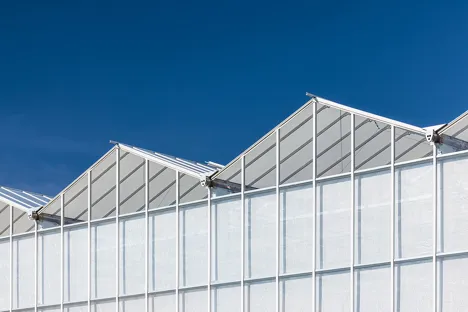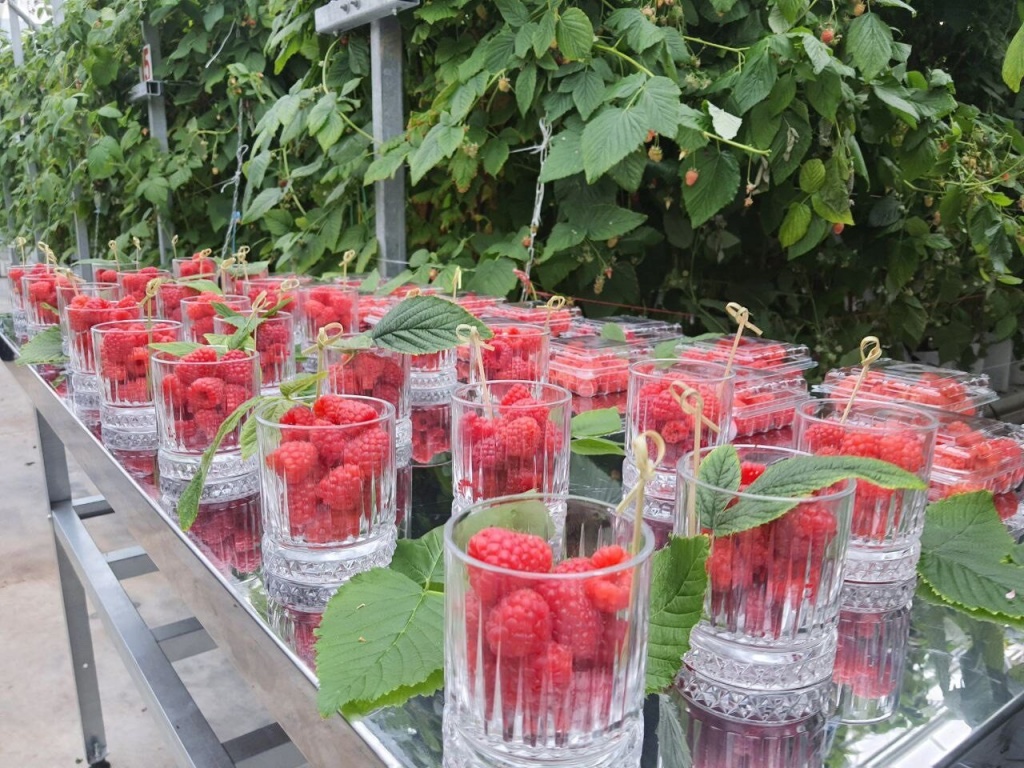Agricultural engineer Ismail Duman has pioneered a successful shift to hydroponic greenhouses in the mountainous region of Bursa, Turkey. Despite the infertile soil and harsh climate, Duman’s adoption of soilless farming techniques has significantly boosted agricultural productivity, inspiring other local producers to follow suit.
Duman, operating in the rural Keles district of Bursa, reports a remarkable 50% increase in yield by utilizing pots filled with a cocopeat mix. This medium not only prevents soil-borne diseases but also ensures longer plant life and higher added value on small plots. His innovative approach has yielded efficient results, cultivating tomatoes, peppers, cucumbers, eggplants, and melons in the greenhouse for the first time this year.
Highlighting the advantages of hydroponic farming, Duman explains, “Productivity can increase up to four times compared to traditional greenhouse farming. We expect to harvest at least twice as much produce. We face no issues with soil-borne pathogens and diseases, and while other greenhouses have had to use chemicals multiple times this season, we have avoided them entirely. Our labor and fertilizer costs are lower, and we don’t struggle with wild weeds. The conditions in our greenhouse are ideal for both workers and plants, and we use drip irrigation to supply nutrients efficiently.”
Duman’s success story began when he moved from Antalya to the challenging terrain of Keles three years ago. Initially met with skepticism, his results soon convinced locals of the viability of greenhouse farming. “The first year, we used a traditional greenhouse. Last year, we started with soilless farming on a smaller scale. This year, as our success became evident, more villagers expressed interest. I anticipate that 2-3 growers in the region will start soilless farming next year,” Duman says.
He emphasizes the feasibility and profitability of hydroponic greenhouses, noting, “If first-time growers start with an area of 250 to 500 square meters, they can make five times more profit than with traditional farming. This region is not suitable for conventional agriculture, so this method provides a valuable source of income. We plan to expand our greenhouse even further next year.”
Duman’s initiative not only demonstrates the potential of hydroponic farming in challenging environments but also sets a precedent for sustainable and profitable agricultural practices in Turkey.










